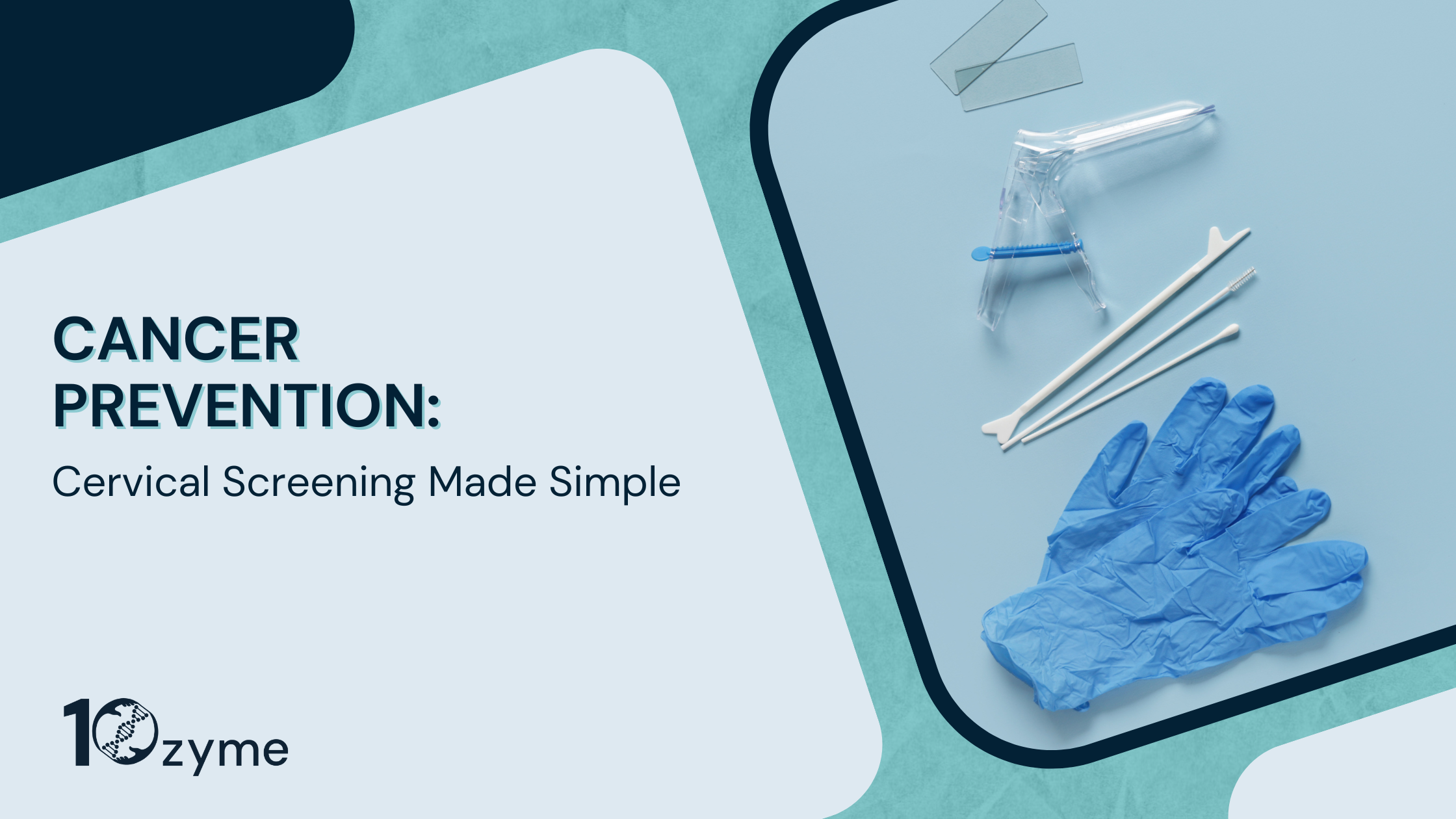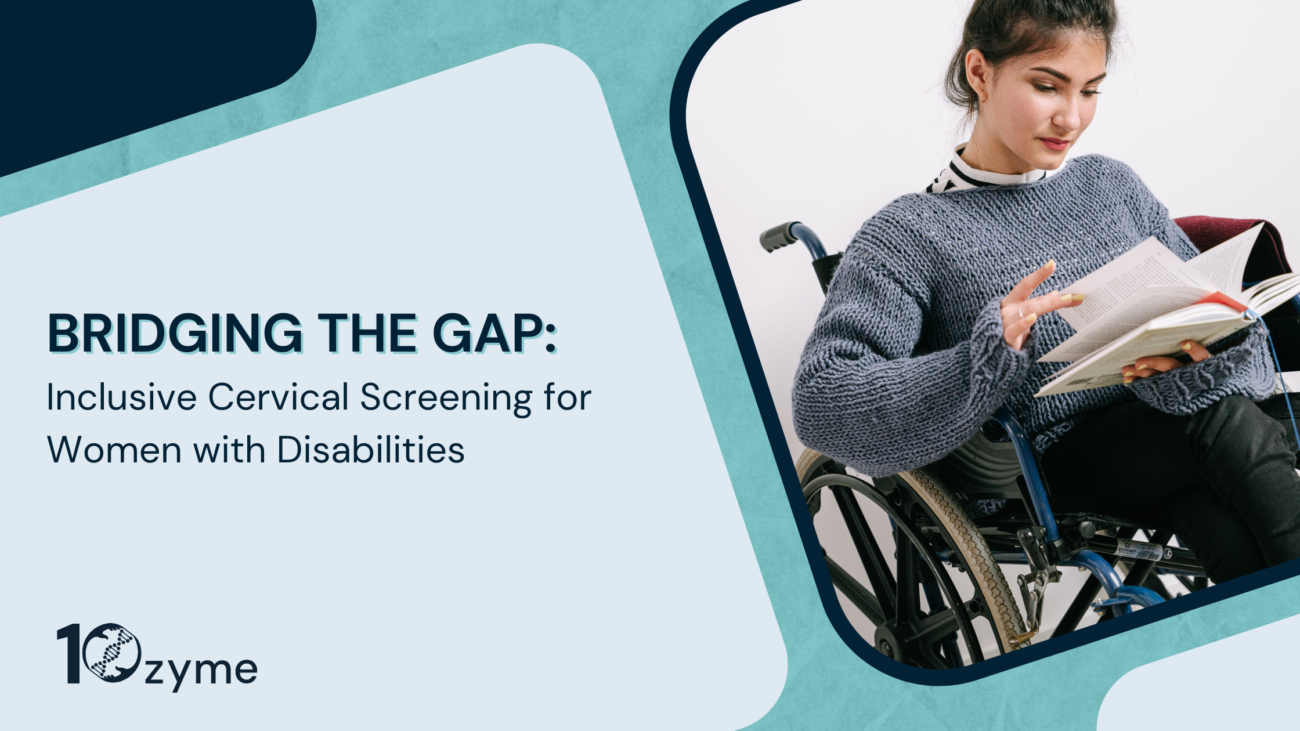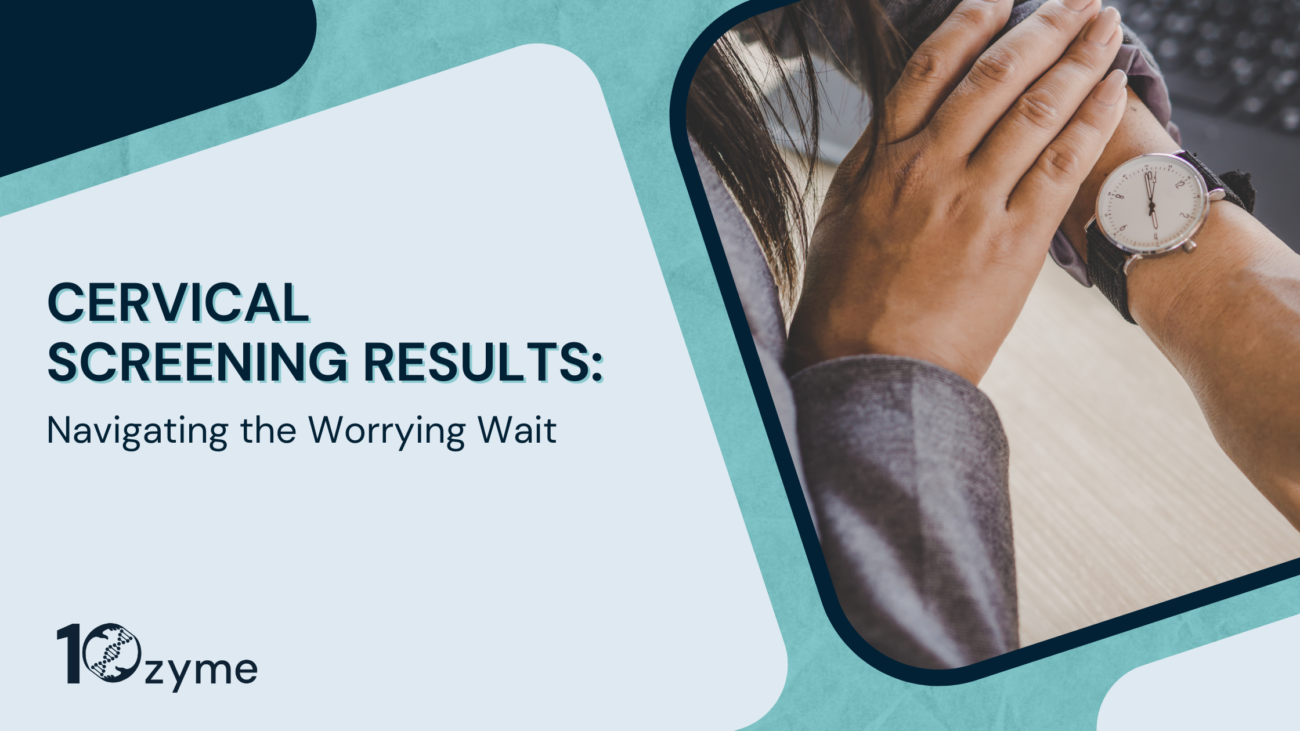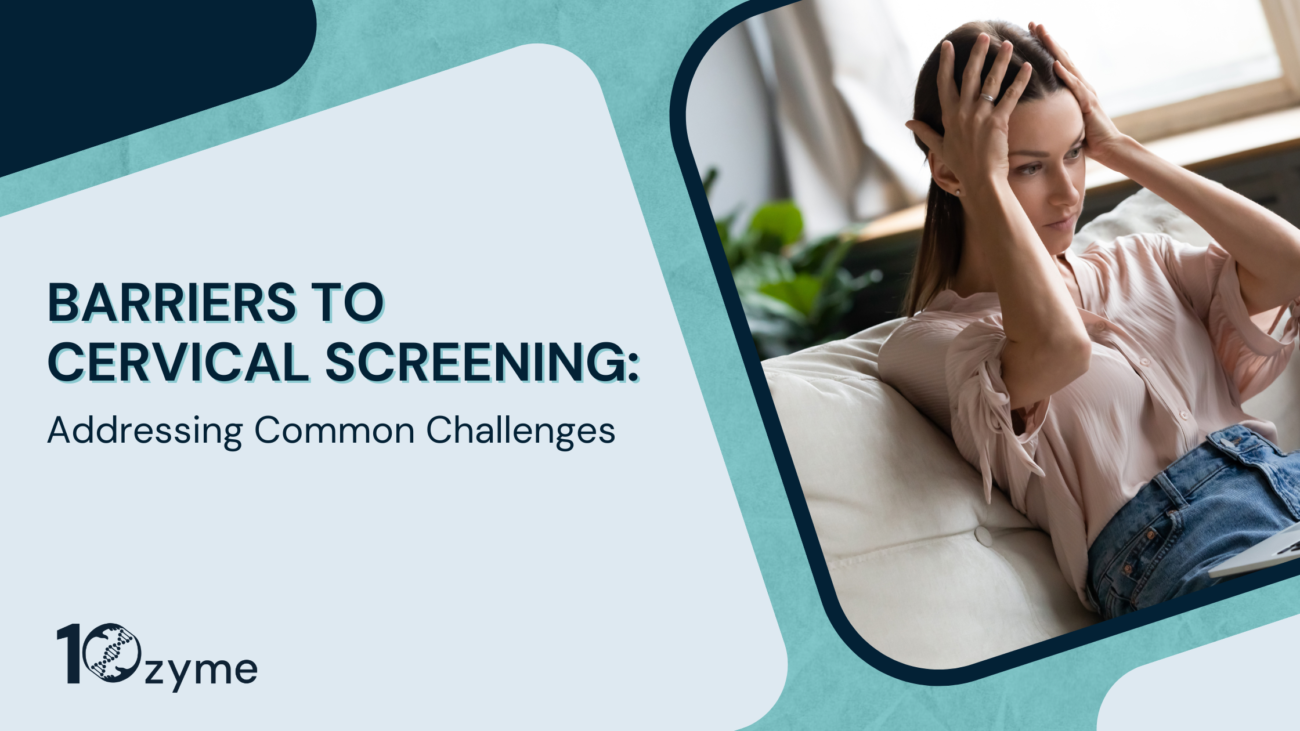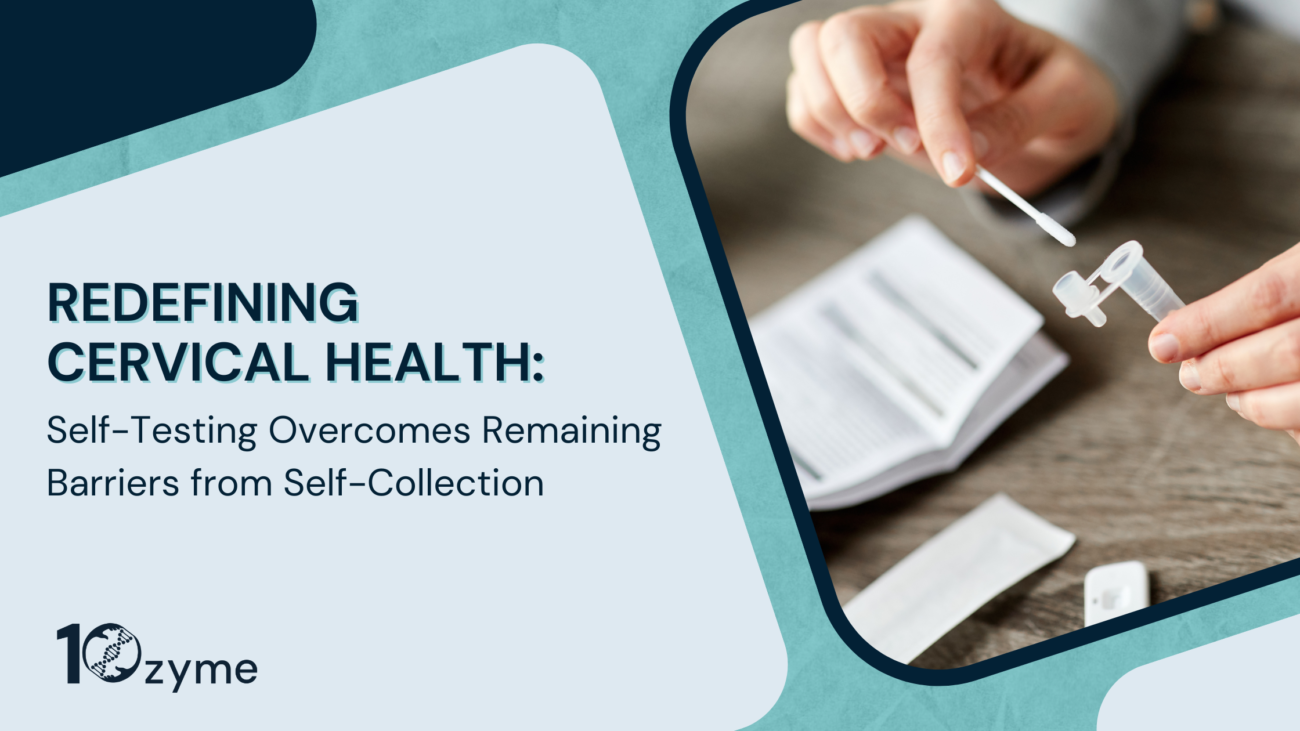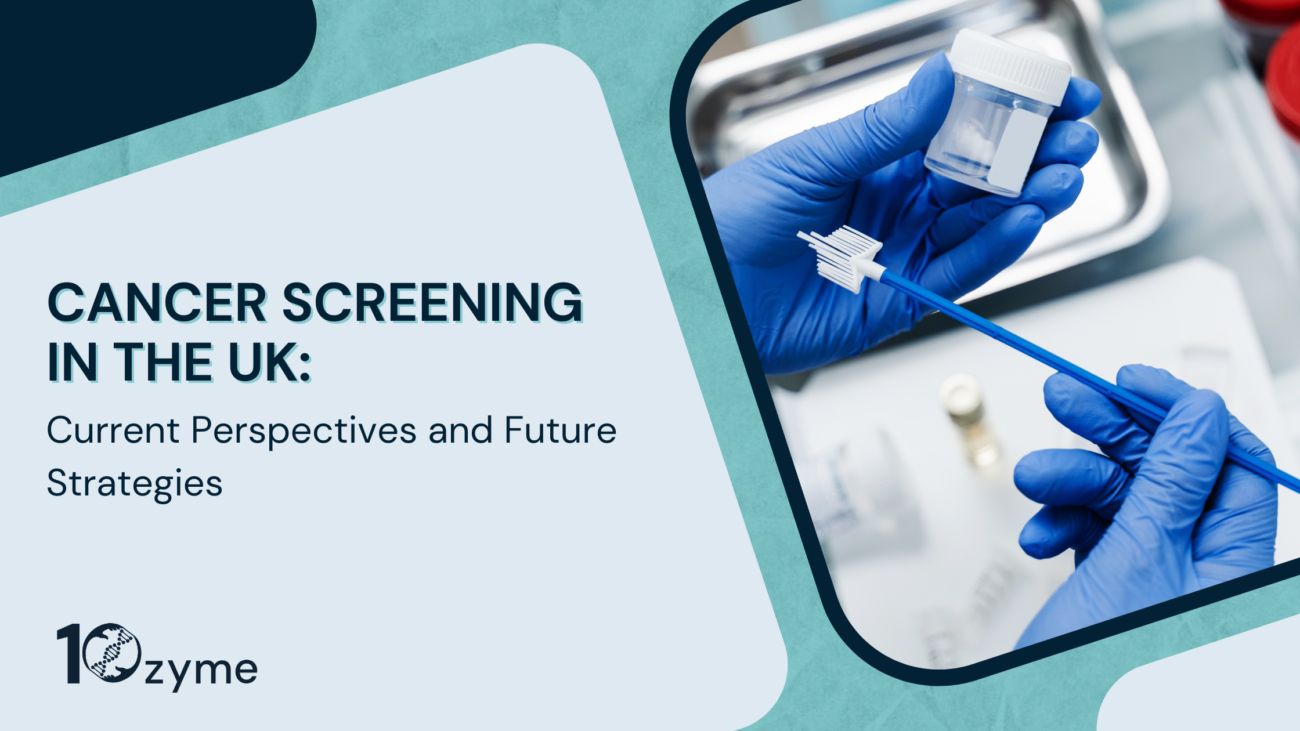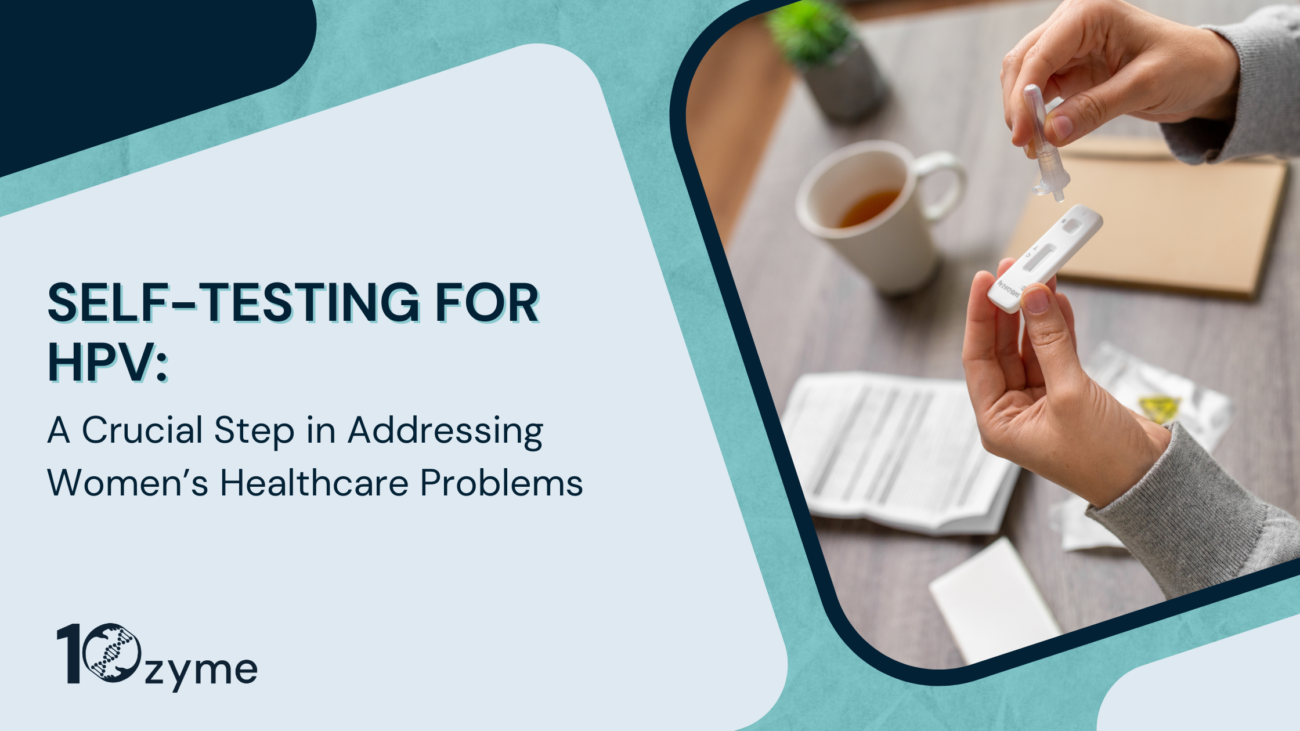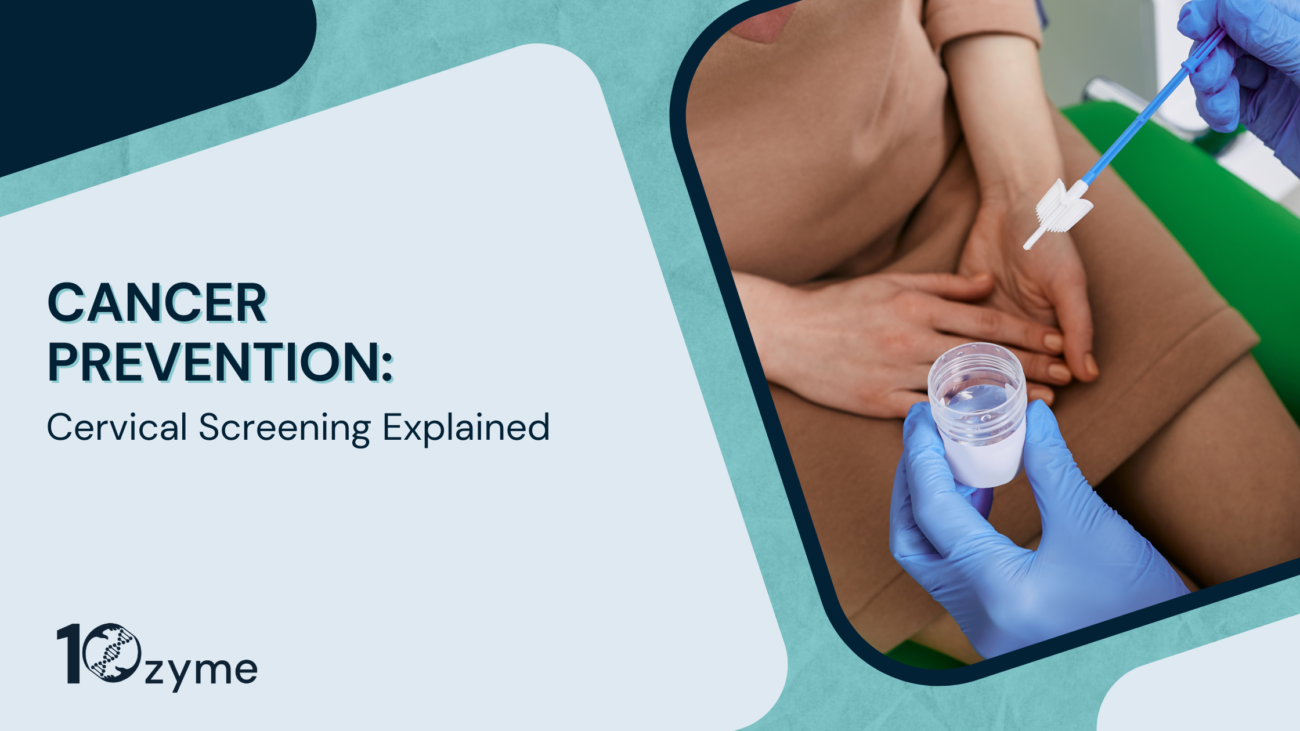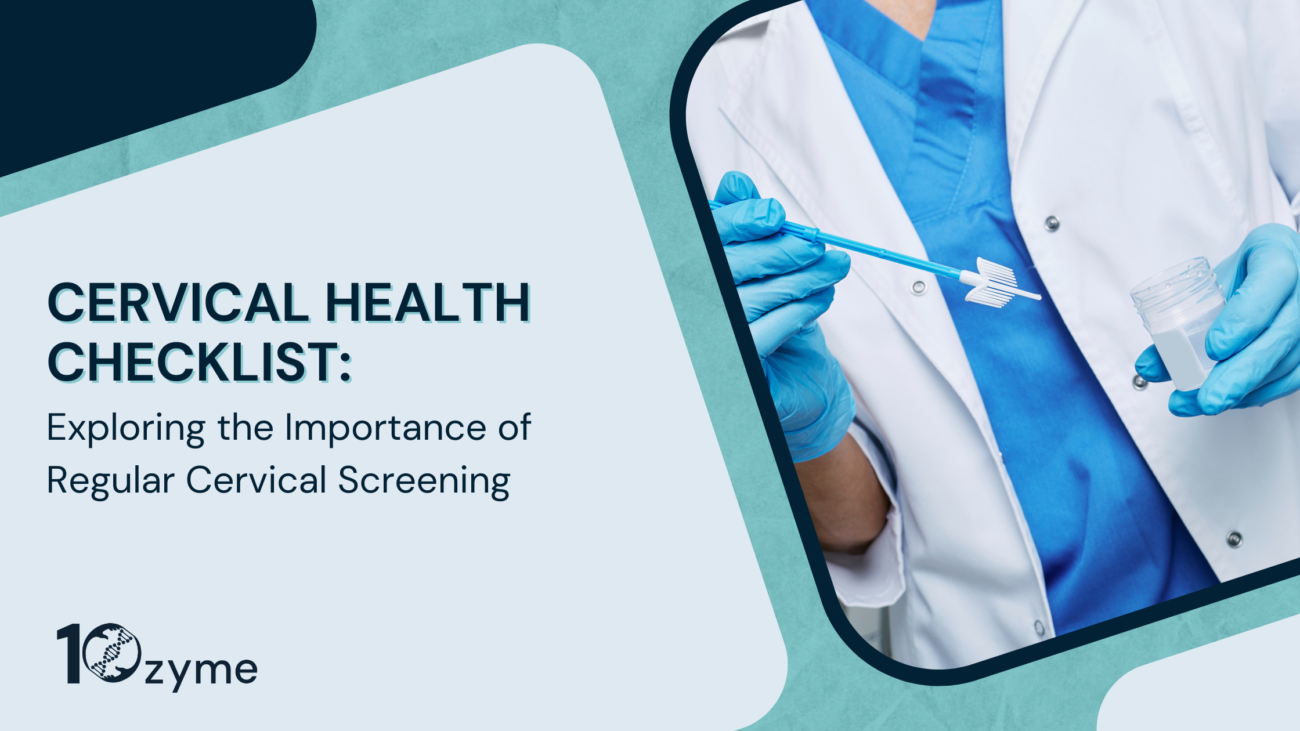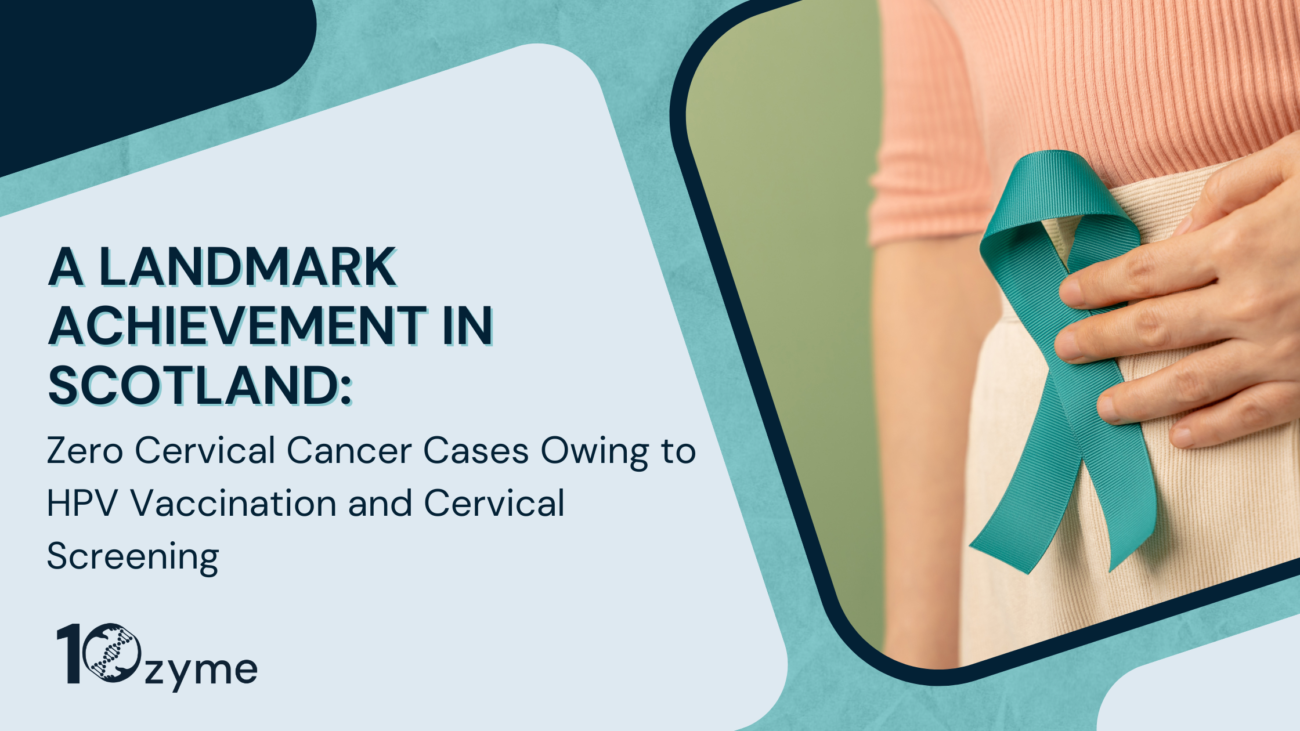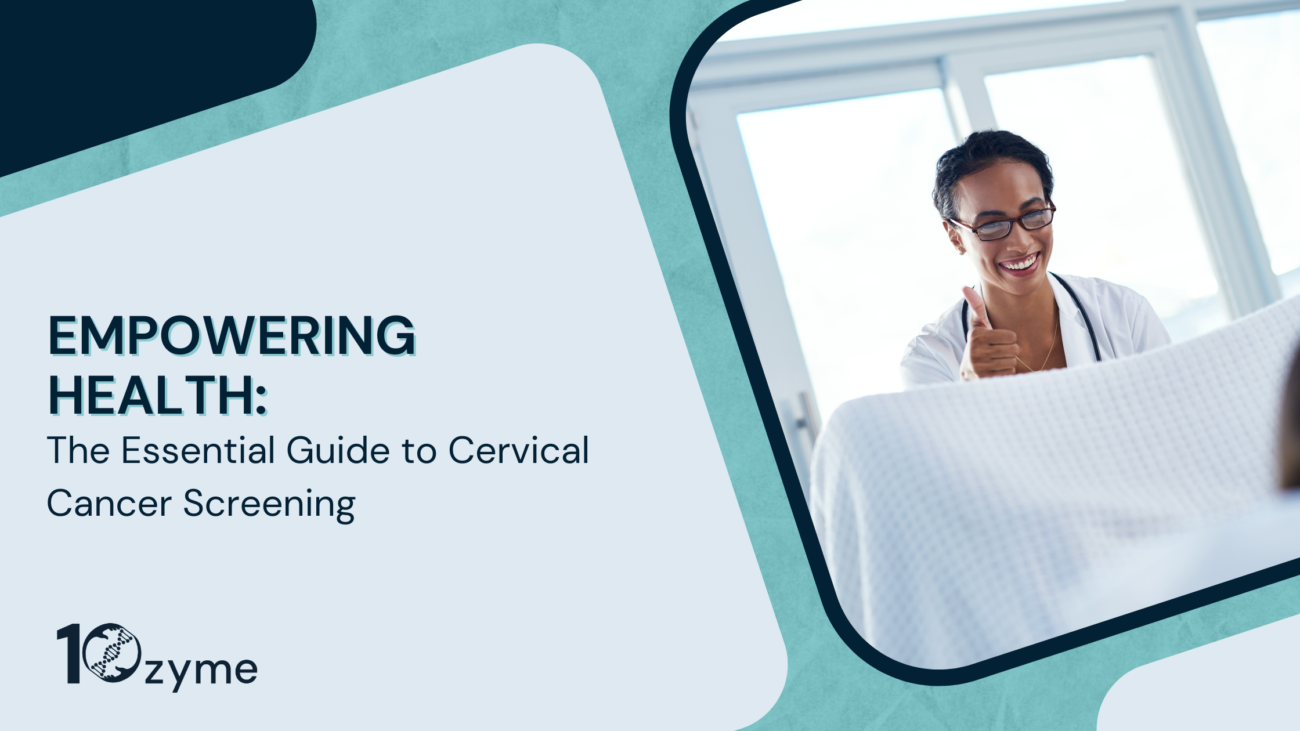Cancer Prevention: Cervical Screening Made Simple
Written by Maya Held
Medically reviewed and edited by Dr Said Qabbaah, MBBS, MBA
Scientifically reviewed by Dr Angela Pine, BSc, MSc, PhD1
Cervical screening is a crucial way to find out about your cervical cancer risk and help prevent it. It tests for high-risk strains of human papillomavirus (HPV) and looks for abnormal cells in the cervix that might lead to the development of cancer, if left undetected and untreated.1
What is HPV?
HPV is one of the most common sexually transmitted infections. Most HPV infections don’t show any symptoms or only cause painless growths called warts around the genital or anal areas.
However, some high-risk strains, especially HPV 16 and 18, can lead to changes in cells that could result in cancers of the cervix, vulva, and even some head and neck cancers.2
Smokers and people with weakened immune systems are at greater risk because their bodies may have a harder time controlling these dangerous strains.3 Cervical cancer is the most well-known type of cancer linked to HPV, as it’s almost always caused by an HPV infection.
Why is Cervical Screening Important?
Getting regular cervical screenings is vital for health because cervical cancer can develop without any noticeable symptoms early on. Early detection of HPV or abnormal cell changes allows for effective treatment, helping to prevent cancer and other issues down the line.
In the UK, women and individuals assigned female at birth (AFAB) aged 25 to 64 should get screened every 3 to 5 years, depending on their age, health history, and location.
Understanding the Process
The test is usually painless. A healthcare professional will use a small brush to take some cells from the surface of the cervix, which are then sent to a lab for testing. You can typically expect results within about two weeks.
Cervical screenings are recommended starting up to six months before turning 25, with screenings every three years between 25 and 49, and then every five years from 50 until 64.4
Making regular cervical screenings a priority is really important for your health. Keeping up with these screenings can greatly lower your risk of cervical cancer. Plus, making simple lifestyle changes, like quitting smoking and keeping your immune system healthy by eating a balanced diet, exercising regularly, etc. can also help reduce your risk.
Screening Recommendations
If you’re feeling uneasy about your screening experience, don’t hesitate to talk about ways to make it more comfortable. You can ask to have a friend with you, request a doctor of a specific gender, or even ask for an earlier appointment.
Depending on what’s available, you can also ask for a smaller speculum or a post-menopausal prescription like oestrogen cream to help with comfort.
We know that cervical screenings can be quite uncomfortable or stressful, but they’re still a valuable way to prevent cervical cancer, especially when combined with HPV vaccination. By staying informed and proactive about regular screenings, you can catch potential issues early and significantly reduce your risk.
Remember, it’s completely normal to have concerns about the process, but there are many options available to help make your experience more comfortable. Prioritising your health through cervical screenings, along with making healthy lifestyle choices, is a powerful way to protect yourself.
Don’t hesitate to talk to your healthcare provider about any questions or accommodations you may need, your health and comfort should always come first. Stay vigilant, and take charge of your health!
10zyme: Advancing women’s health
We’re developing a groundbreaking self-test with instant results to detect the main cause of cervical cancer: high-risk HPV. Detecting infections early prevents cancer ever developing.
By enabling self-testing, we aim to empower women, overcome stigma and anxiety, and help eliminate a disease killing hundreds of thousands a year globally. See our Education Section to find out more.
Please follow and support us on social media: LinkedIn, Instagram, and TikTok.
References:
-
- National Health Service (NHS). (2023). What is Cervical Screening? [Online]. Available at: https://www.nhs.uk/conditions/cervical-screening/what-is-cervical-screening/ (Accessed 1/10/2024)
- Cancer Research UK (CRUK). (2024). Does HPV cause cancer? [Online]. Available at: https://www.cancerresearchuk.org/about-cancer/causes-of-cancer/infections-eg-hpv-and-cancer/does-hpv-cause-cancer (Accessed 1/10/2024)
- Nagelhout, G., Ebisch, R.M., Van Der Hel, O., Meerkerk, G.J., Magnée, T., De Bruijn, T. and Van Straaten, B. (2021). Is smoking an independent risk factor for developing cervical intra-epithelial neoplasia and cervical cancer? A systematic review and meta-analysis. Expert Review of Anticancer Therapy, 21(7):781-794. doi:10.1080/14737140.2021.1888719
- NHS England. (2024). Cervical screening: programme overview. [Online]. Available at: https://www.gov.uk/guidance/cervical-screening-programme-overview (Accessed 2/10/2024)

